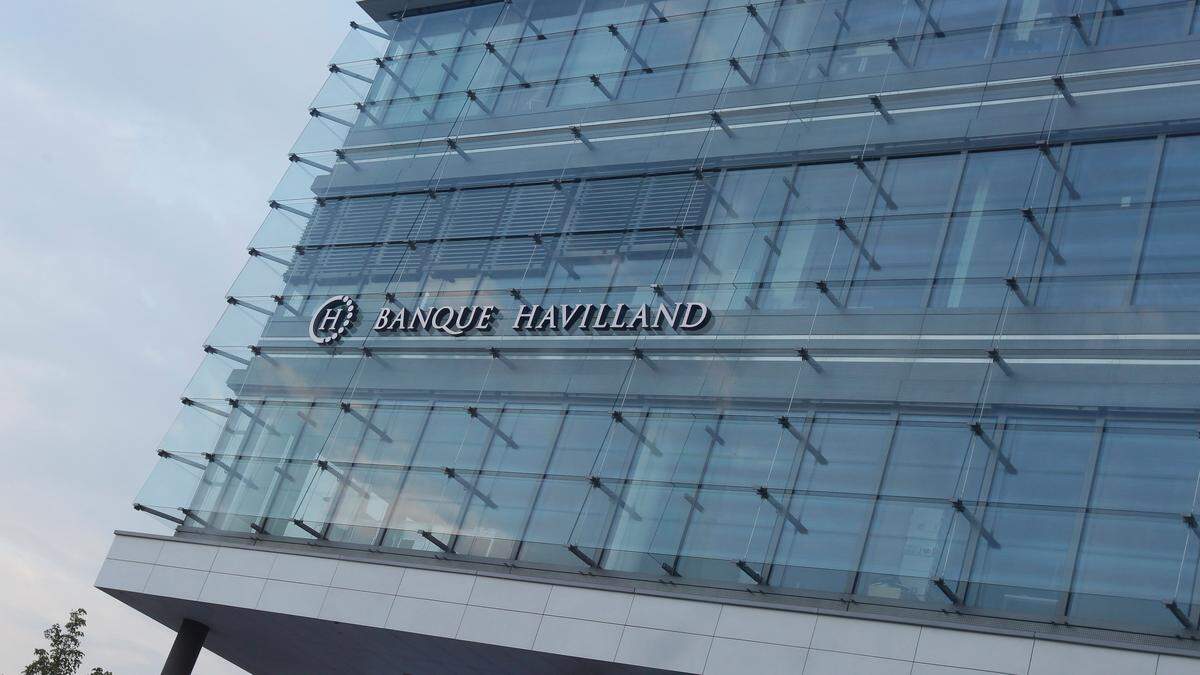Banque Havilland SA, a private bank owned by the family of close friends of the disgraced British royal Prince Andrew, has begun the process of closing its operations in Liechtenstein and Switzerland, days after being told by the European Central Bank that it would lose a key licence.
The firm will start a voluntary liquidation of its Swiss and Liechtenstein businesses, according to an internal memo seen by Bloomberg News. The decision is not the result of any issues with the bank’s solvency or liquidity, and the wind-down is being conducted in cooperation with local regulators, according to the memo.
A spokesperson for Banque Havilland declined to comment. Liechtenstein’s financial market supervisor confirmed in a statement on its website that the local unit had returned its banking license. Switzerland’s watchdog Finma didn’t immediately respond to an email seeking comment.
The closure of the private bank’s units in the two countries comes in the wake of an ECB letter informing the firm it would no longer be allowed to conduct business in its home market Luxembourg. The bank has already stopped taking new money and talks to sell its Monaco business are already underway, people familiar with the matter told Bloomberg previously.
ECB poised to close Luxembourg-based Banque Havilland
Being stripped of its Luxembourg license marks a dramatic reversal of fortunes for Banque Havilland, which is controlled by the family of UK Conservative Party donor David Rowland and could once call upon Prince Andrew to act as an unofficial door-opener to the world’s financial elite. For years, the British royal provided the Rowlands and the bank with introductions to governments, billionaires and top business people, Bloomberg has previously reported.
The ECB’s latest decision was prompted by the bank’s failure to implement changes required of it after it was fined €4 million for anti-money-laundering failings by its local Luxembourg regulator in 2018, according to the people familiar with the matter. At the time, the bank had vowed it would redefine its approach to risk and end relationships with some clients.
©2024 Bloomberg L.P.
